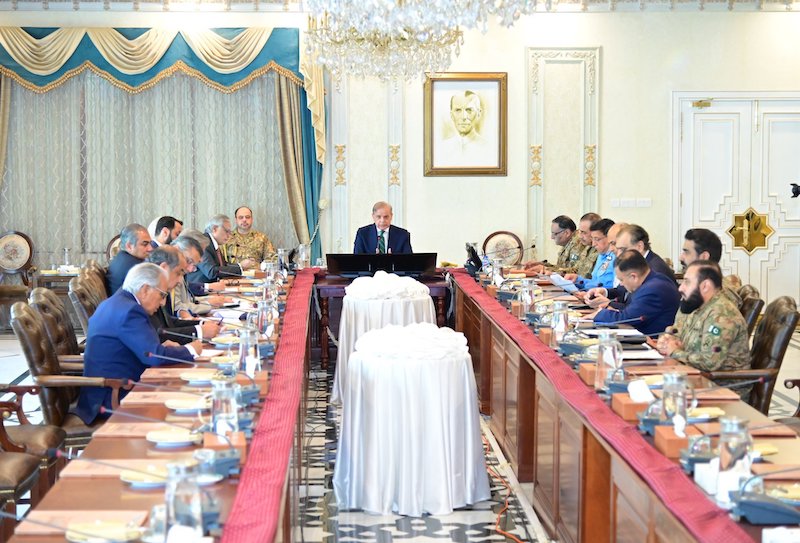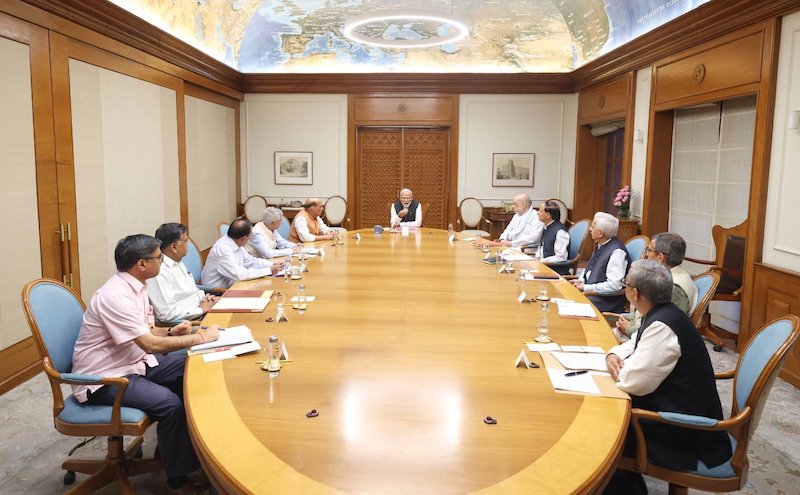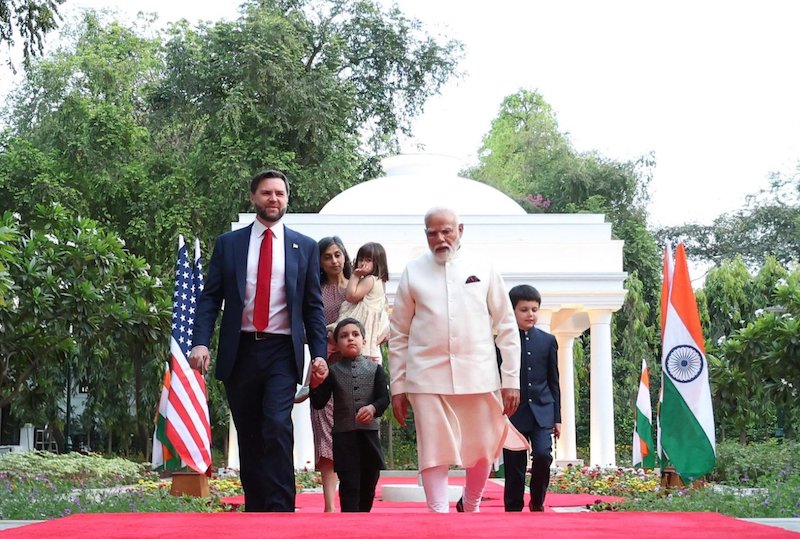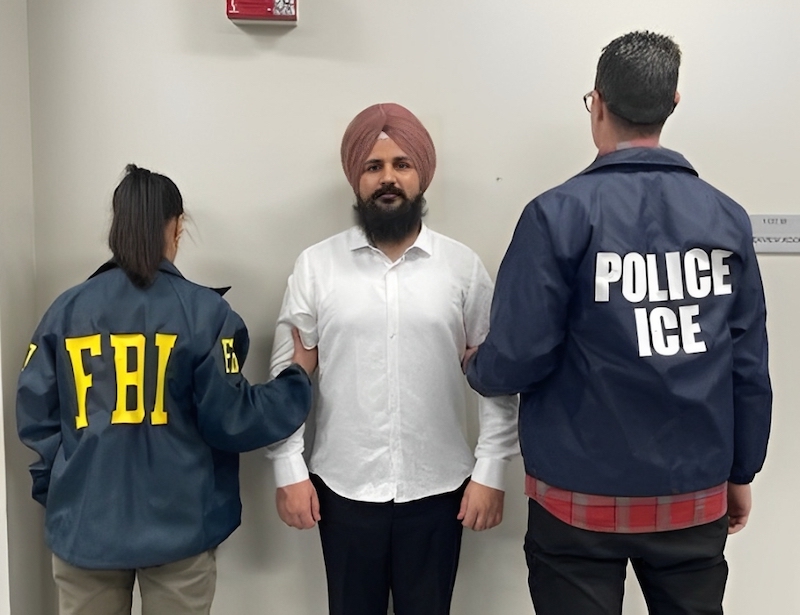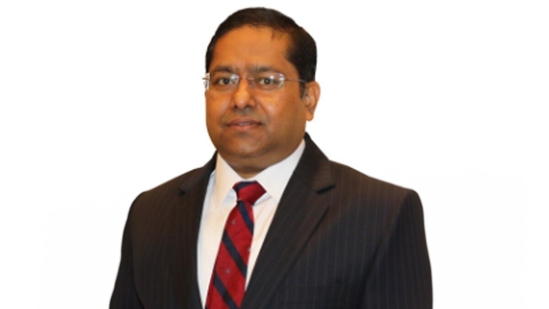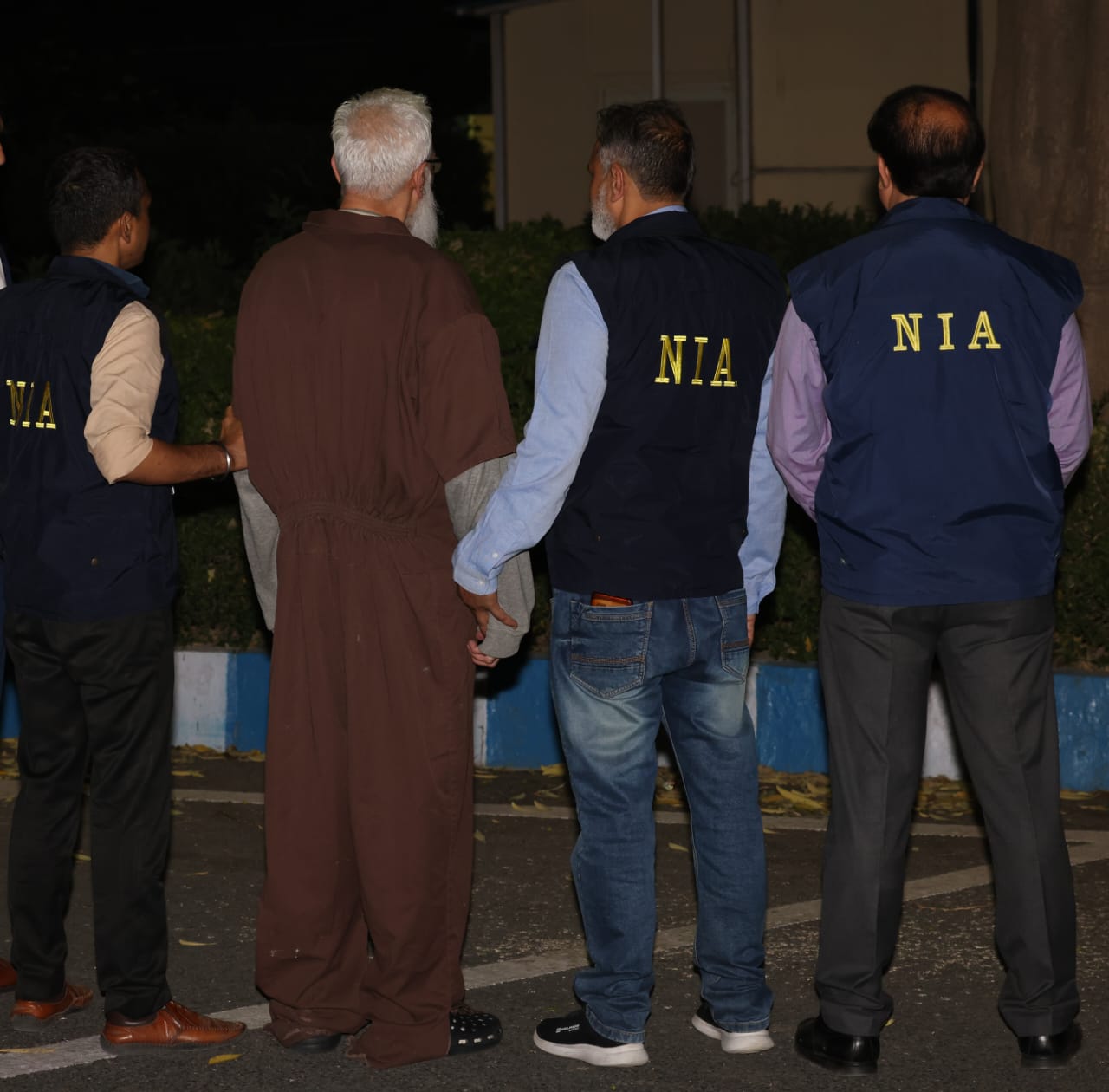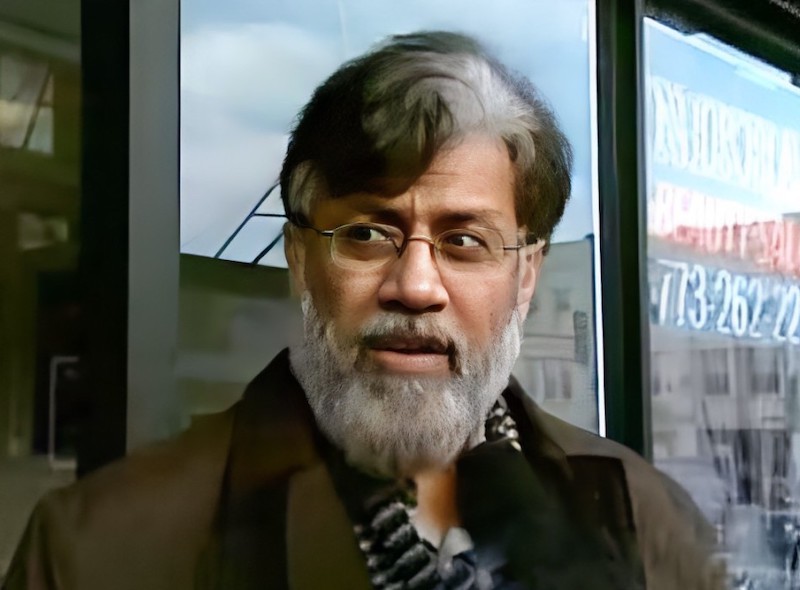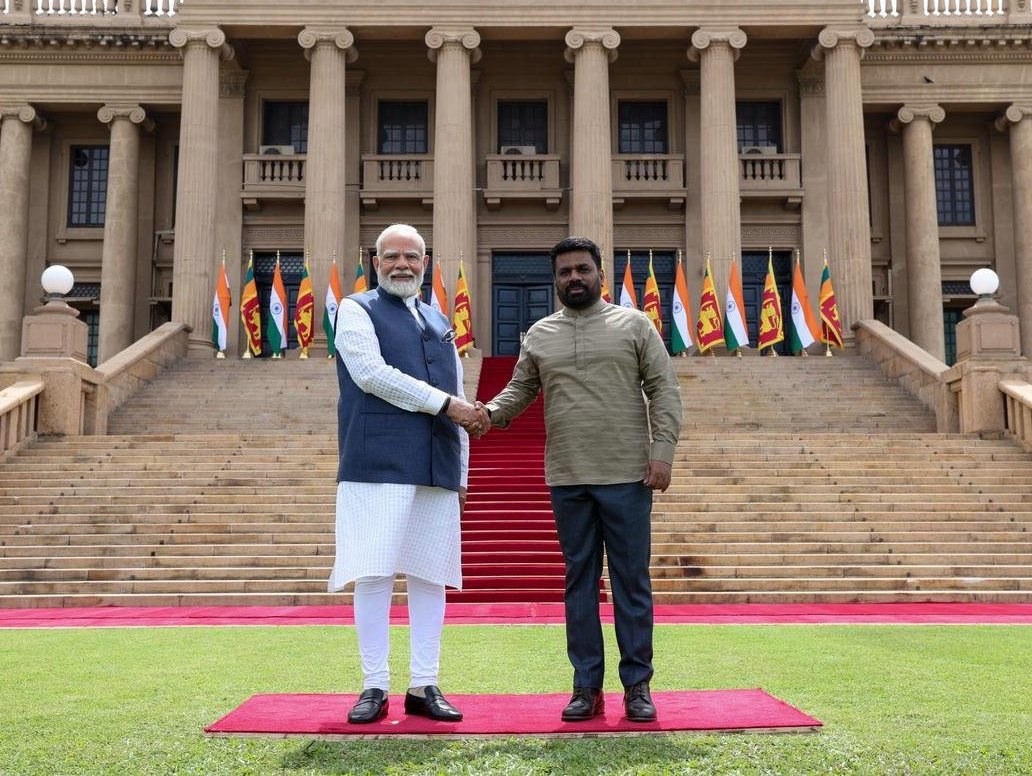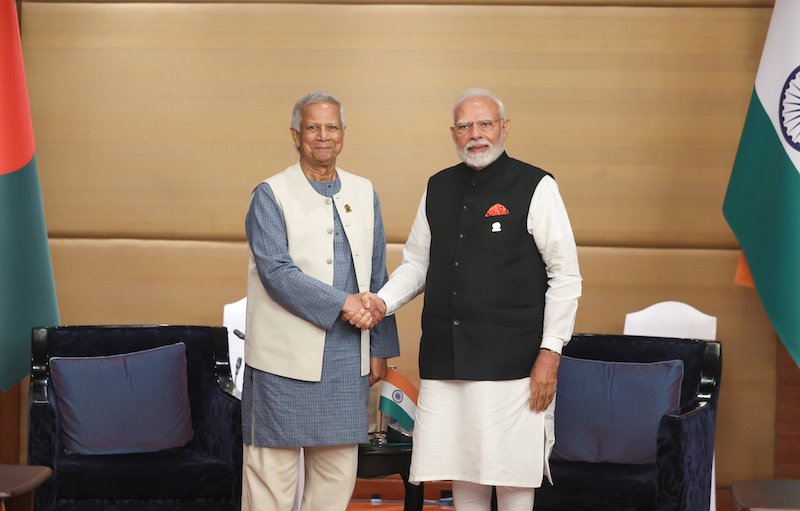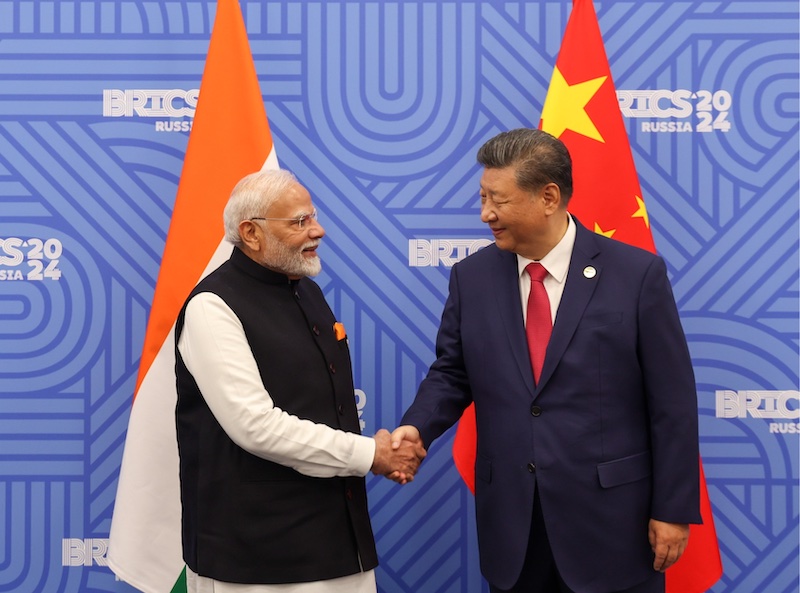 PM Narendra Modi (L) shaking hands with President Xi Jinping before their meeting at the BRICS Summit in Kazan, Russia, on October 23, 2024. (Photo: X/@narendramodi)
PM Narendra Modi (L) shaking hands with President Xi Jinping before their meeting at the BRICS Summit in Kazan, Russia, on October 23, 2024. (Photo: X/@narendramodi)
New Delhi: The prime minister, Narendra Modi, and the Chinese president, Xi Jinping, held their first formal bilateral meeting in five years on the sidelines of the 16th BRICS Summit in Kazan, Russia, on Wednesday. The meeting is widely seen as a crucial step in revitalizing bilateral ties between the two nations, which had deteriorated following Chinese incursions in eastern Ladakh in 2020.
This Modi-Xi dialogue follows an agreement between New Delhi and Beijing in the military stand-off along the line of actual control (LAC) in eastern Ladakh. This development emerged from the Working Mechanism for Consultation & Coordination on India-China Border Affairs (WMCC) meeting in Beijing on August 29, which New Delhi announced as a “breakthrough” on Monday.
The agreement includes provisions for restoring mutual patrolling rights in the strategic Depsang Plains and Demchok region, as India Sentinels had reported.
During Wednesday’s bilateral talks, Modi and Xi emphasized the critical importance of maintaining peace and tranquillity along the border. Both leaders welcomed the recent patrolling arrangements and stressed the necessity of managing differences and disputes without compromising regional stability.
Met President Xi Jinping on the sidelines of the Kazan BRICS Summit.
— Narendra Modi (@narendramodi) October 23, 2024
India-China relations are important for the people of our countries, and for regional and global peace and stability.
Mutual trust, mutual respect and mutual sensitivity will guide bilateral relations. pic.twitter.com/tXfudhAU4b
Taking a strategic view of their bilateral relationship, the leaders acknowledged their nations’ unique position as the region’s largest countries and the significant impact their partnership has on regional peace and prosperity. They underscored the importance of approaching their relationship with maturity, wisdom, and mutual respect for each other’s sensitivities to promote stable relations.
The meeting also highlighted the two leaders’ commitment to stabilize and rebuild bilateral relations. The relevant dialogue mechanisms at the level of foreign ministers and other officials will be utilized to enhance strategic communication and cooperation to address developmental challenges.
They agreed that special representatives on the India-China boundary question would convene at an early date. These representatives will oversee peace management in border areas and work toward finding a fair, reasonable, and mutually acceptable solution to the boundary question.
Both leaders affirmed that stable, predictable, and amicable bilateral relations between India and China would positively impact regional and global peace, contributing to the vision of a multipolar Asia and world order.
The meeting also covered cooperation within the BRICS framework, with India expressing full support for China's upcoming presidency of the Shanghai Cooperation Organization (SCO). This gesture indicates New Delhi's willingness to engage with Beijing on multilateral platforms.
Talking on broader international issues during the meeting, Modi reiterated India’s support for dialogue and diplomacy, particularly regarding the Russia-Ukraine conflict. He emphasized the need for cooperation on critical issues such as terrorism, terror financing, and cybersecurity.
While the talks did not specifically address the de-escalation of border tensions or troop reductions along the LAC, the meeting’s significance cannot be understated. The last formal interaction between the two leaders occurred in October 2019 in Mahabalipuram, Tamil Nadu, mere months before the Galwan military stand-off in June 2020.
Although Modi and Xi had brief encounters at the G20 meeting in Bali, Indonesia (2022) and in Johannesburg, South Africa (2023), this formal meeting is seen as a renewed commitment by the two leaders to strengthening dialogue and cooperation between the two Asian powers.
BRICS Expansion and Summit Developments
The second day of the 16th BRICS Summit in Kazan witnessed several significant developments highlighting the alliance’s growing global influence and expansion.
A major milestone was the formal welcome of five new members – Egypt, Ethiopia, Iran, Saudi Arabia, and the United Arab Emirates – who joined the group in January 2024. This expansion, a central focus of the summit, strengthens the group’s position as an advocate for the “global south”.
Xi lauded this expansion as a historic achievement for BRICS that reflects the bloc’s increasing significance in global geopolitics.
Earlier, the Russian president, Vladimir Putin, said more than 30 countries have expressed their desire to join BRICS. He emphasized the need to maintain a balance and ensure the effectiveness of BRICS as it expands. He also made a strong statement on BRICS’s role in countering western dominance in global finance.
Putin reiterated Russia’s advocacy for using national currencies among BRICS nations to reduce dependence on the US dollar. This aligns with BRICS’s broader objectives of developing alternative financial systems, including the “BRICS Pay” framework and discussions about a potential unified currency.
The day’s proceedings also addressed major global challenges. Both Putin and Xi called for peaceful conflict resolution, with Xi specifically advocating for restraint in the Ukraine crisis. His remarks on preventing escalation in Ukraine reflected China’s careful diplomatic positioning, balancing strategic partnerships while promoting diplomatic solutions.

